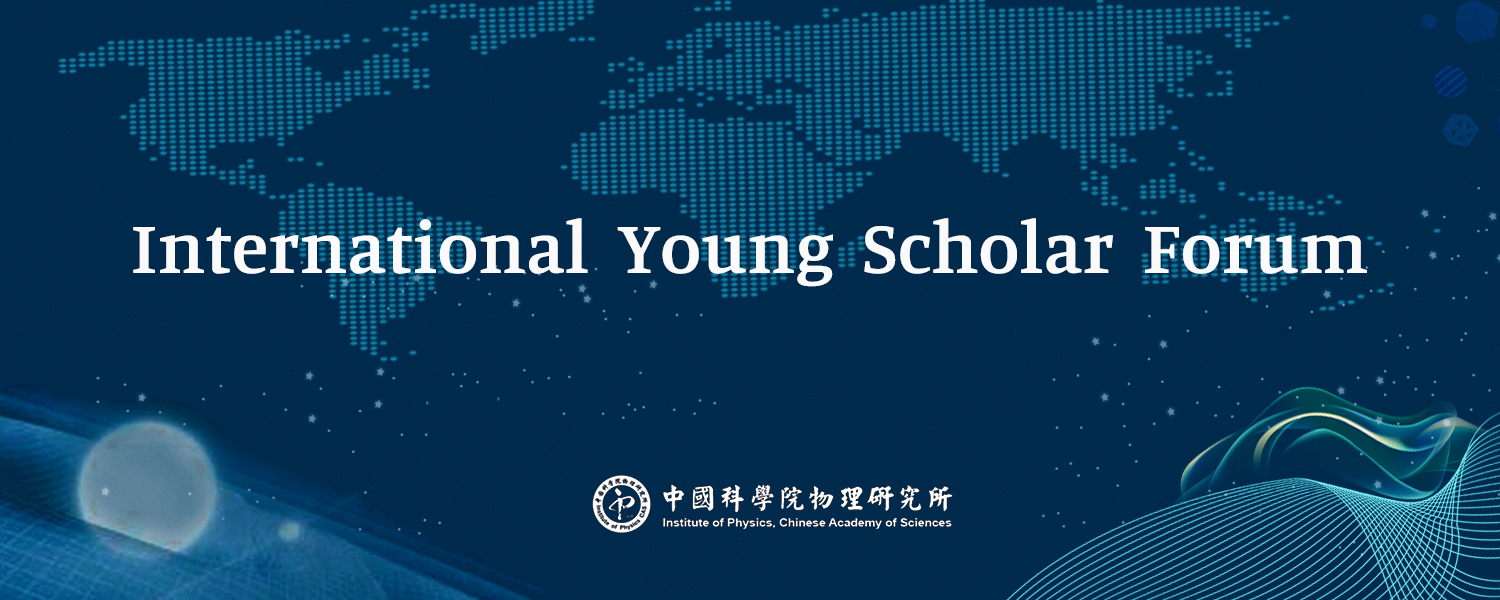Speaker: Dr. Xinglong Ye, Karlsruhe Institute of Technology, Eggenstein-Leopoldshafen, Germany
Host: Prof. Enke Liu, State Key Lab for Magnetism & Magnetic Materials
Time: 15:00, January 19, 2022
Abstract:
Electric current-induced magnetization reversal, represented by spin-transfer torque and spin orbit torque, has achieved great success in important applications such as magnetic random access memory. A further significant reduction in power consumption can be expected when magnetism is controlled by voltages without the need for high-density current [1]. It was shown that the magnetic anisotropy of ferromagnetic metals can be mofdified by applying voltage to change the electron occupation in d-band [2] or by moving ions to modify its valence with electric field [3]. However, these voltage effects are mostly limited to the surface layers of ferromagnetic metals and the effect is often small due to strong electric field screening. In this talk, I will present a new approach to control the magnetocrystalline anisotropy even in hard magnets with ultrahigh magnetocrystalline anisotropy. It is based on the electrochemically-driven insertion and extraction of hydrogen atoms in the interstitial sites of the crystal structure. By applying a small voltage of only ~ 1 V, the coercivity of a model material, SmCo5, can be reversibly modified by more than 1 T. Thereby, the voltage-assisted magnetic recording is achieved at room temperature [4]. These effects can be attributed to the distortion of crystal structure, which modified the crystal field and the magnetocrystalline anisotropy. As a further process, the similar approach has been implemented to Sm2Co17-based magnet, which shows its feasibility in pinning-based magnet [5]. The voltage-induced giant modification of magnetocrystalline anisotropy, in combination with STT/SOT or under bias magnetic field, can be relevant to energy-efficient spintronics and magnetic recording applications.
[1] Matsukura, F. et al. Control of magnetism by electric field.
Nat. Nanotech. 10, 209 (2015).
[2] Weisheit, M. et al. Science 315, 349 (2007).
[3] Tan, A. et al. Nat. Mater. 18, 35 (2019).
[4] Ye X.L. et al. Nature Comm. 11, 4849 (2020)
[5] Ye X.L. et al. Adv. Mater. 33, 2006853 (2021)
Brief CV of Dr. Sergey A. Nikolaev:
Xinglong Ye got his B.S. degree from Shandong University in 2008. He was then admitted to the group of Prof. Ke Lu at the Institute of Metal Research, Chinese Academy of Sciences and worked under Prof. Haijun Jin’s supervision on the voltage-control of mechanical properties in nanostructured metals. After receiving his Ph.D degree in 2014, he worked as an assistant professor until the early of 2017. He later moved to Prof. Horst Hahn’s group as an Alexander von Humboldt postdoctoral fellow at the Karlsruhe Institute of Technology and expanded his research topic to the interdisplinary area involving magnetism and electrochemistry. A major focus is on achieving substantial, reversible modification of magnetism in ferromagnetic metal with ultrahigh magnetocrystalline anisotropy by electrochemical approaches.
